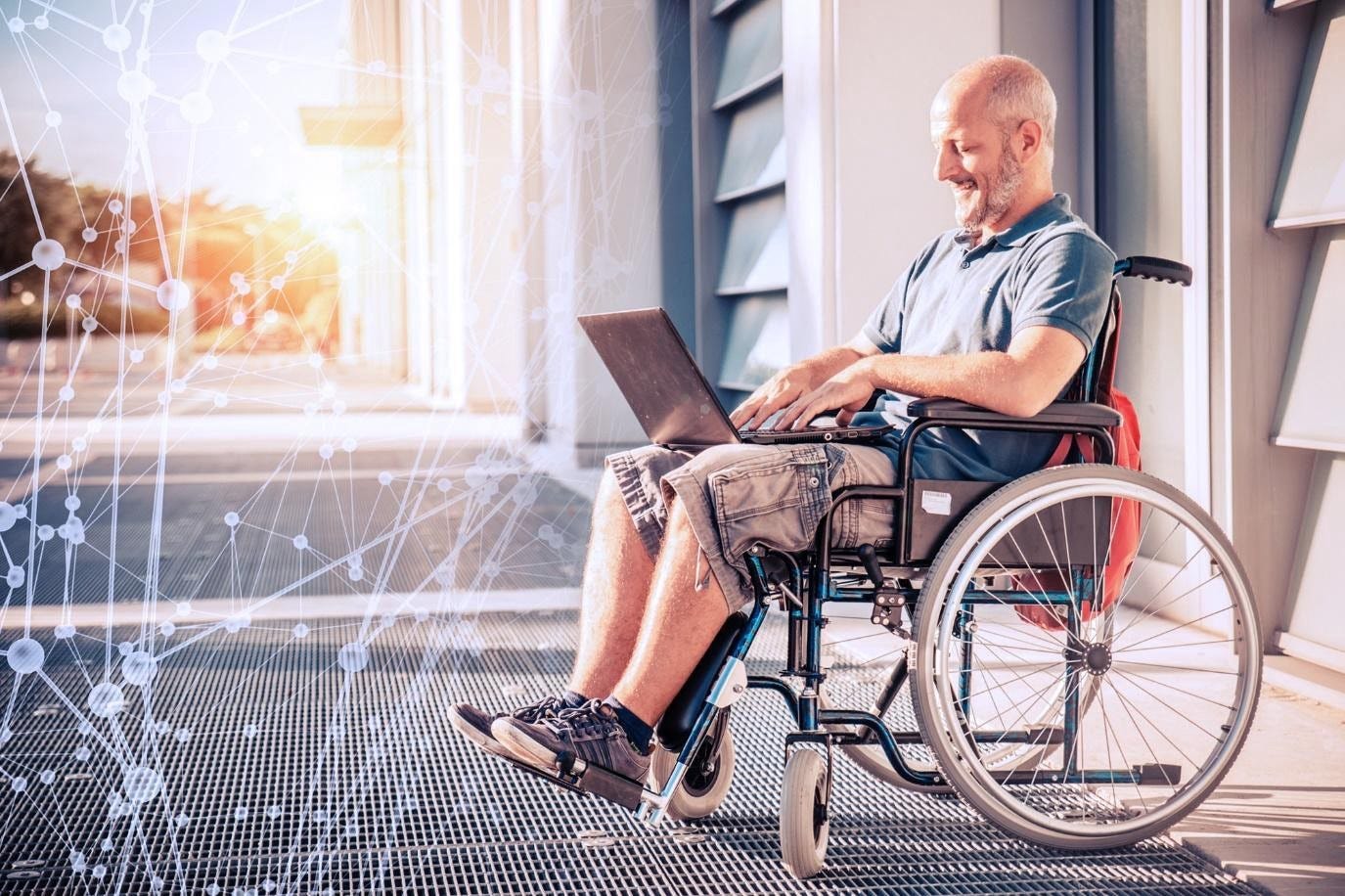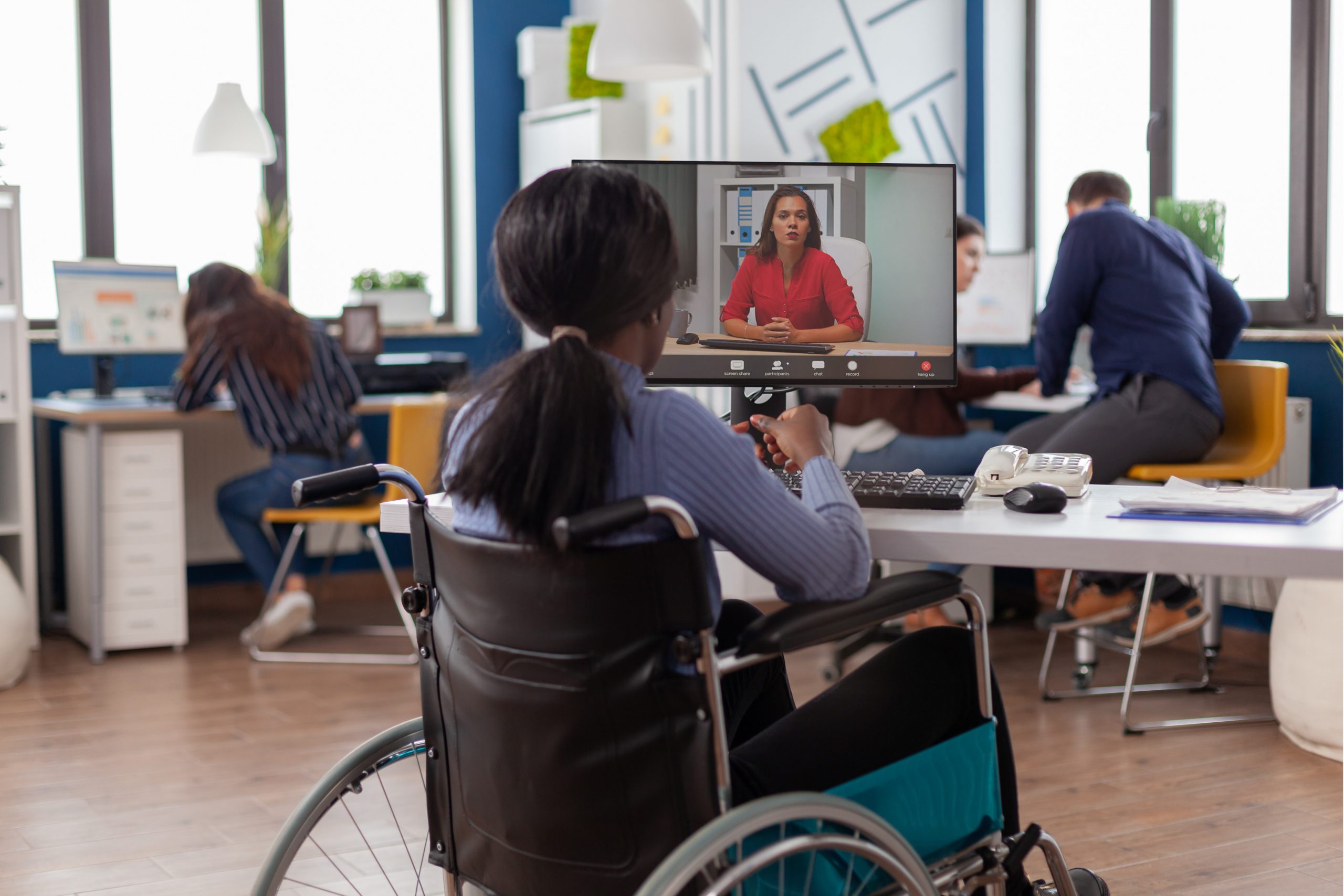
The recent increasing technological advancement in artificial intelligence is opening the door for more services and facilities especially for people with disabilities.
The World Health Organization estimates that more than 2.5 billion people with disabilities will require one or more assistive technologies by 2030.
But at the same time, the organization says there are about one billion people with disabilities who lack access to these technologies. Forbes.
In conjunction with the International Day of Persons with Disabilities, which falls on December 3 every year, let’s take a look at the services that artificial intelligence can provide to them:
Easy communication
Voice AI technologies like Siri, Alexa and others can make communication easier for people with disabilities.
These technologies provide descriptions of images and people for the visually impaired.
On the other hand, there are text-to-speech technologies that help people with brain diseases, such as Google’s Parrotron app.
Learning opportunities
Similar to translation that allows deaf patients to understand different audio content, there are online tools to teach Braille to the blind powered by artificial intelligence.
At the business leader level, learning pathways can be implemented to ensure employees receive the training they need based on their skills.
AI tools can also be used to identify skill gaps within an organization.
It also helps organizations provide appropriate learning experiences for employees with disabilities to help them acquire skills.
Independent life
Artificial intelligence applications and technologies help people with disabilities enjoy an independent life.
These technologies prevent you from relying on others to complete tasks, including Google Assistant or Amazon Alexa.
These tools act as virtual assistants to manage time and schedule meetings through voice commands.
By using these tools, every employee, including employees with disabilities, can streamline manual tasks and free up time to focus on more important work.
It also enables them to live independently within the home with voice commands to operate various devices.
Communication with the outside world
Many new artificial intelligence tools are helping people with disabilities become more connected to their surroundings.
Among these technologies is Microsoft’s Cortana, which helps blind people navigate their devices through voice control.
There are other programs like RogerVoice and Ava that use artificial intelligence to transcribe group conversations for the hearing impaired.
These technologies and tools supported by artificial intelligence can make a difference in the lives of people with disabilities.
This will contribute to their daily life and reintegration into their surroundings, a task that would be impossible without these skills.
Digital Inclusion Program… accessible services for the differently abled and elderly
Very important information about the Rights of Persons with Disabilities system approved by the Council of Ministers
The Council of Ministers approves the Organization for the Rights of Persons with Disabilities and approves institutional arrangements for the Board of Investment

“Professional coffee fan. Total beer nerd. Hardcore reader. Alcohol fanatic. Evil twitter buff. Friendly tv scholar.”







